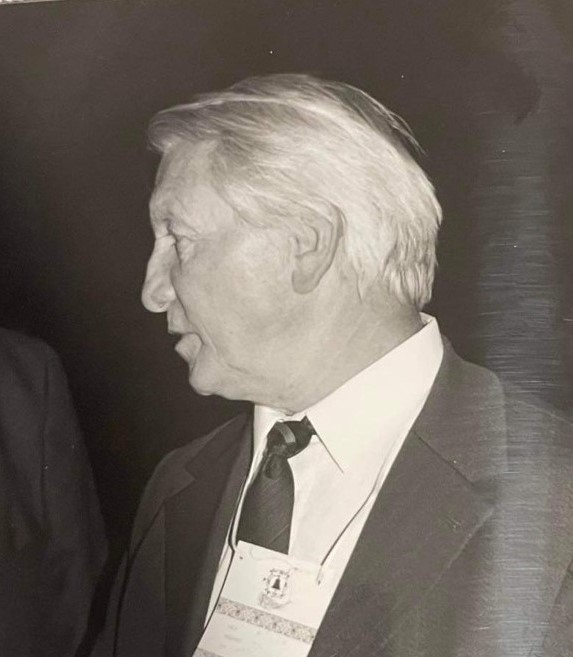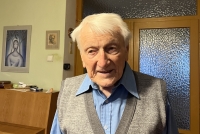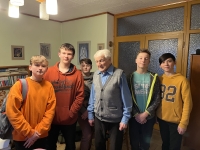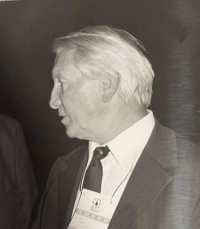A teacher without the possibility to teach

Download image
Zdeněk Kolek was born on 17 August 1933 in Rosice near Brno. His father, Antonín Kolek, a teacher, school principal and writer, had to leave the educational system after 1948 because he was not sympathetic towards the new regime. Zdeněk Kolek joined the scouts after the war, and after the organization was banned, the troop continued to operate as a readers’ club of the (scout) magazine ” Vpřed” (Forward - transl.). However, even this club had to cease its activities in 1950. After graduating high school, he applied to the Faculty of Arts at Charles University but was not accepted, so he joined a factory for a year. He then applied to the Faculty of Education, from which he graduated with an honours degree and an addendum stating that he was not permitted to practice teaching because of his negative attitude towards the People’s Democratic establishment. He completed his compulsory military service and then found a job at Spolana Neratovice, where he met his future wife. As the regime began to ease, thanks to an acquaintance, he managed to get the ban on teaching at the primary school in Škvorec lifted. In 1972, he started teaching in Karlín, and in 1977, at a school providing experimental education in Žižkov. There, he spent the revolutionary year of 1989 with his students. After the revolution, he founded one of the Civic Forum (OF) branches. He was an MP for the OF for four years. In 2023, he lived in Škvorec.


